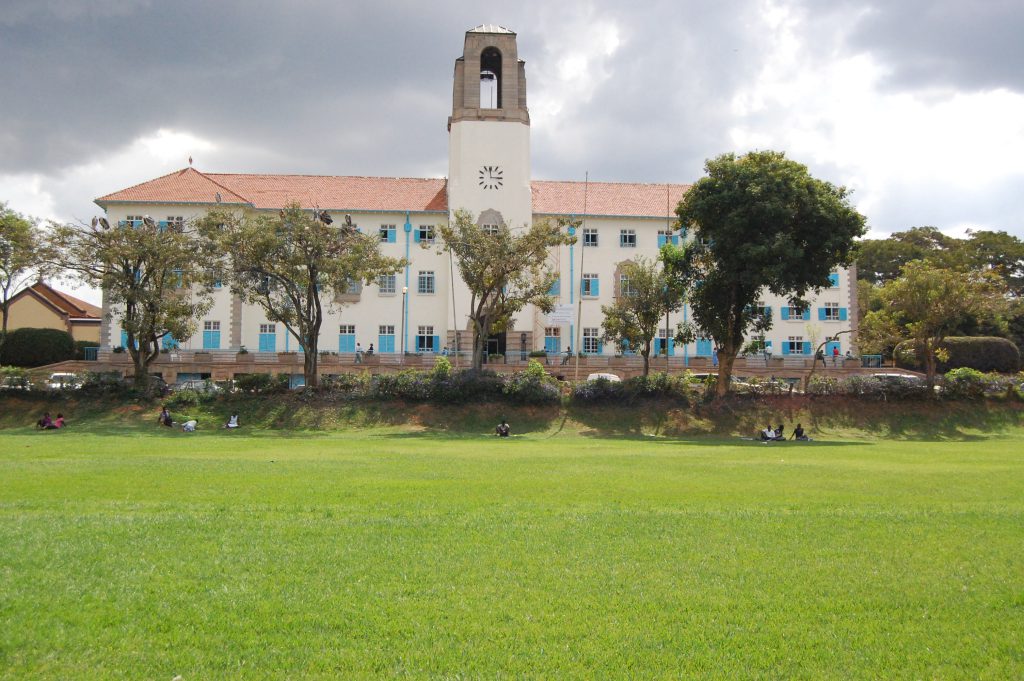A significant milestone was marked at the 74th Makerere graduation ceremony as 132 students were conferred with their PhD degrees, making it the highest number of PhD graduands in the university’s history since its establishment in 1922. These accomplished scholars represent various disciplines across Makerere’s esteemed colleges, including Health Sciences, Natural Sciences, Agriculture and Environmental Sciences, Education and External Studies, Computing and Information Sciences, Business and Management Sciences, Veterinary Medicine, Animal Resources and Bio-security, School of Law, and Makerere University Business School, among others.

Makerere University’s robust academic structure, comprising 10 colleges and the School of Law, serves as the foundation for grooming future doctoral scholars. Within these colleges, PhD programs are meticulously crafted to offer two primary tracks: PhD by research only and PhD by coursework and research.
Prof. Robert Wamala, Deputy Director of the Directorate of Research and Graduate Training, elucidates on the preparation process for PhD candidates. For those pursuing taught PhDs, coursework forms an integral part of their candidature, strategically integrated within and across departments. Approval of coursework and research proposals, as well as thesis reports, involves a collaborative effort among relevant departments, schools, and colleges, under the guidance of internal and external examiners.
Conversely, candidates opting for “PhDs by research only” engage in interdisciplinary coursework orchestrated by the directorate, fostering collaboration across departments. The approval process for proposals and thesis reports undergoes rigorous evaluation by doctoral committees and academic units, culminating in submission to the Board of Research and Graduate Training for consideration and subsequent endorsement by the University Senate.
Despite Makerere University’s commitment to nurturing doctoral talent, challenges persist for PhD candidates. Some graduating scholars have encountered obstacles such as financial constraints and disagreements with supervisors. Prof. Wamala acknowledges these challenges, citing inadequate funding, human resource limitations, and infrastructural deficiencies as areas requiring attention.
To address these hurdles, Prof. Wamala advocates for centralized resources, including dedicated seminar rooms or lodges, to facilitate collaboration and knowledge exchange among PhD scholars from diverse academic backgrounds.
As Makerere University continues its dedication to excellence in research and graduate education, addressing these challenges will be pivotal in ensuring a conducive environment for the success of future generations of scholars.















